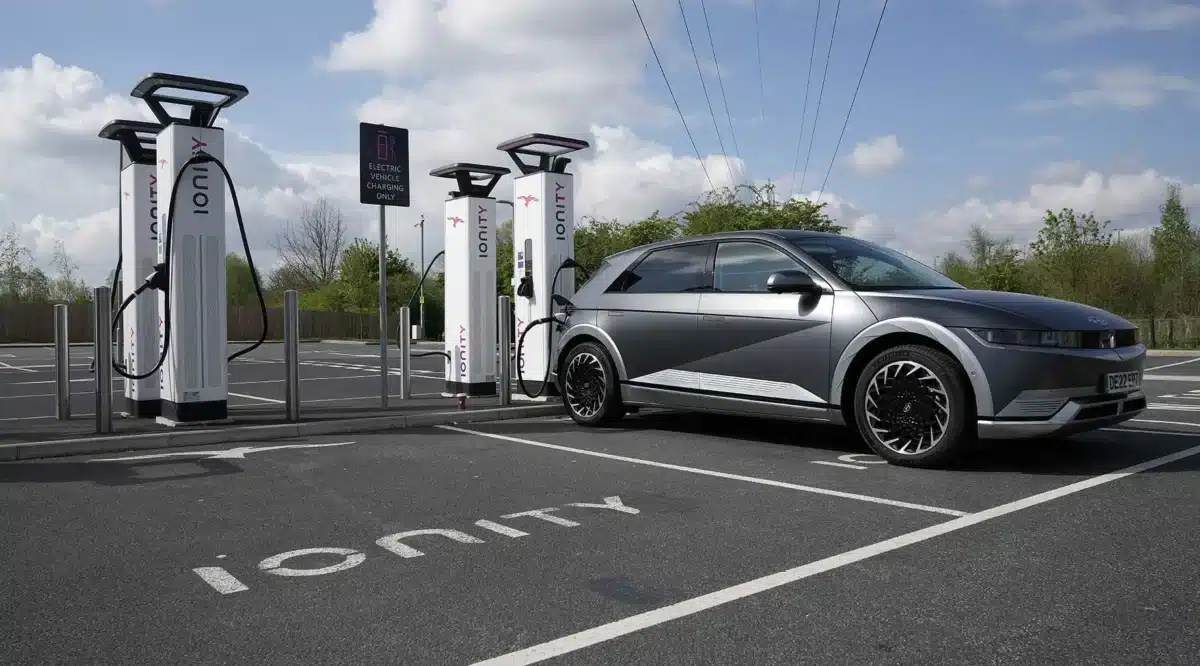Drivers of company vehicles in the UK are bracing for changes in tax rules that will affect their take-home pay. The adjustments to the benefit-in-kind (BIK) system, which taxes company cars as a non-cash benefit, are due to take effect in April, sparking widespread concern among both employees and employers.
These reforms mark the end of a freeze on BIK rates that had been in place since 2022, with increases tied to vehicle emissions and values. The changes will impact millions of workers, especially those who drive high-emission cars or rely on electric vehicles (EVs) for their corporate travel needs.
Benefit-In-Kind Reforms: What’s Changing ?
The government taxes the value of non-monetary benefits, such business cars, using the benefit-in-kind approach. Beginning in April 2025, the tax rate on these vehicles will rise by 1% per year under the new regulations. For EV drivers, who have profited from a relatively low 2% BIK rate, this is especially important.
For employees driving higher-emission cars, the rate hikes will be steeper. The increase is calculated based on the P11D value—a metric that combines the vehicle’s price with its CO2 emissions. As a result, vehicles with larger carbon footprints will see more pronounced tax impacts.
Motoring industry experts have highlighted the significance of these changes for drivers and employers alike. Richard Evans, spokesperson for webuyanycar, emphasised, “Having been frozen since 2022, benefit-in-kind (BIK) rates, which apply to people who are offered company cars as a company benefit, are set to rise again.”
Electric Vehicles No Longer Immune
Electric vehicles, often seen as the environmentally friendly alternative, are not exempt from the tax changes. From April 2025, the BIK rate for EVs will rise incrementally by 1% each year until 2028, effectively ending the era of ultra-low taxation for these vehicles. This adjustment reflects the government’s broader push to balance incentives for EV uptake with tax revenue needs.
Despite this, EVs still maintain a tax advantage compared to higher-emission cars. Experts suggest that companies and employees should reassess their fleet choices in light of the updated tax regime. For those considering a switch to lower-emission models, the changes could represent an opportunity to reduce financial impact while contributing to sustainability goals.
Employers are encouraged to provide clear guidance to employees to ensure a smooth transition and prevent unexpected deductions from salaries.









